How to Effectively Negotiate in the Workplace
- Nov 9, 2022
- 3 min read
Updated: Jan 31, 2024

What types of skills are most important for employees to progress in the workplace? Answers are diverse. To advance in one’s career, mastering technical skills, business capabilities, and soft skills are all necessary to accomplish your goals. For this week, we want to specifically focus on negotiation skills — brushing up your negotiation skills will give you the ability to clarify your tasks and objectives, effectively and clearly communicate your concerns with colleagues and bosses, and reach a favorable solution for all parties involved.
An October 2019 survey of more than 1,000 employees by HR company Paychex found that almost 60 percent of employees said it was either extremely or very important for an employer to be open to benefit negotiations. And 83.3% of employees are willing to negotiate benefits with their teams. So how do you enhance your negotiation skills? Simply saying “I want a raise”, “I need a higher salary” or “I think you should follow my ideas” is not going to win over your managers. The Sedna team has gathered several tips to secure the best negotiation results for you:
Be professional and tactful
Structuring your request with consideration is a good way of building mutual trust — it is important to make other parties much more likely to cooperate with you, rather than to give them ultimatums or demands. Throughout the negotiation, act with courtesy and professionalism and tread carefully while discussing sensitive subjects. Use “I” statements to express your idea without blaming or insulting the other person.
Set definite boundaries and objectives for the negotiation
Establish your priorities and boundaries for what you consider as non-negotiables and the compromises you are ready to make to get the results you want. This provides you with a purpose for the negotiation, enables you to express your expectations to the other side, and offers you a sense of security throughout the process. It’s important to organize the negotiation to safeguard your interests, and you will be able to reach those objectives when you establish boundaries and strive toward clear objectives.
Prepare yourself with clear information
When you do feel it’s the right time to negotiate, be prepared with clear, reliable information. Ask yourself “What questions are you likely to be asked? What are some major points here?” When faced with conflicts, gather as much accurate information as possible to ensure that you choose the right path. For many times, what is presented as reports with tangible evidence is much more like an inference — an assumption built upon subjective experience or observation, or a hasty generalization made without full knowledge of circumstances. So when someone offers information, consider the source and the surrounding circumstances to determine the accuracy of the information. Only when all parties have a thorough comprehension of the available information can a just conclusion be reached.
Recognize your importance to your company and confidently express it
You were chosen for your position because of your distinct value you can bring to your company, and this can give you bargaining power in a negotiation. Knowing your value and the specific skills you provide will give you the confidence to approach your employer to request wages raises, promotions, and other benefits and to conduct effective negotiations to obtain them. Your experience, education, leadership qualities, job-related talents, professional licenses or certifications in your sector, and any awards you have won over your career all have an impact on your value as an employee.
Mastering workplace negotiations is a necessary skill that every employer needs to achieve. Once you’ve managed the art of skillful cooperation rather than confrontation, you are on the way to achieving a peaceful resolution to the issue at hand.
Sources:





Comments